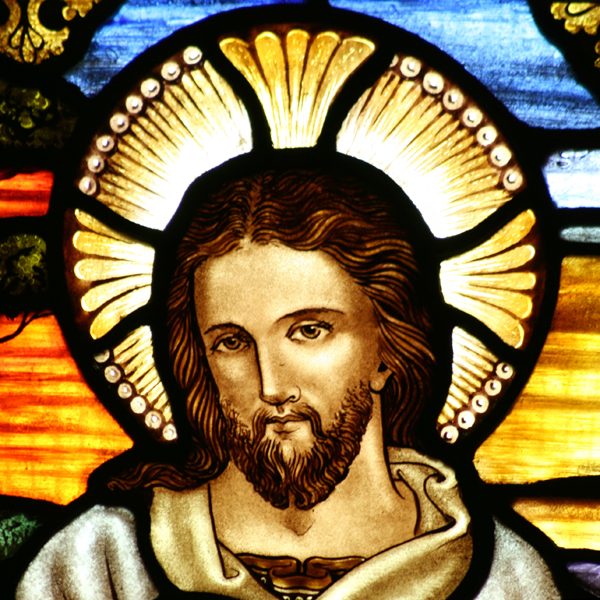What is respect? What images come to mind when you hear the word? Do you think of military chain of command, with each subordinate respecting their commanding officer? Or maybe a similar, thought slightly more informal respect, shown by a young person toward an elderly ancestor? A feeling of deep admiration for someone or something…
Tag: Bible
The Church Book: Revisited
I came across a copy of my “Church book”, There’s The Steeple… Here’s The Church!, just today, and on a whim I picked it up and flipped through it. For some reason, the epilogue, titled “Concluding Remarks”, caught my eye this time. If you think the book is anti-church, these words should dispel that notion….
Fading Away
Stop loving this evil world and all that it offers you, for when you love the world, you show that you do not have the love of the Father in you. For the world offers only the lust for physical pleasure, a craving for everything we see, and pride in our possessions. These are not…
Infallible Trustworthiness
Yesterday, after reading a couple more chapters of the book of Hebrews with our two oldest boys, I was recounting to Jen some of what we had read and discussed. Julia, our seven-year-old was also in the room. From what we are reading, a common theme the author of Hebrews seems to be conveying is…
Thoughts on Church Attendance
I’m not sure why, but it’s curious to me that the topic of church attendance has popped up a time or two in recent conversations. It’s sort of different every time, but all of the occasions have been cordial, courteous, and even understanding and affirming of the thoughts we have on how we are part…
[ThisDay] Christianity, or Jesus? (Aren’t They the Same?)
January 22nd in GregsHead history was slightly more difficult to whittle down than some of the other days. It was not due to volume, though—only five posts. Four of the five posts are worth reading (the other is worth it if you are using WordPress for blogging…) but of the six options, I selected the…
Hope
1 Faith is being sure of what we hope for. It is being certain of what we do not see. Hebrews 11:1 This hope is a strong and trustworthy anchor for our souls. Hebrews 6:19 There are days. There are weeks, months and long years where … boy, it just feels like nothing is worth…
Darkness
You know, this world is ugly. Really ugly. I don’t know if my heightened awareness of this is due to my reading The Screwtape Letters again, or maybe just the mood I’m in, or the correlated ongoing state of frequently feeling so depleted… Or maybe this is just how it is. The hatred spewed from…
Rhythms
There is a definite cyclical rhythm to life. At least, there is in mine. I am a creator. I enjoy creating things. I work with words, images, colors and designs, even code and systems. I also create with food, and a few other physical mediums. And I love to create with imagination. (Bedtimes with my…
Imitation: The Highest Form of Flattery [Memory Lane]
Each Thursday in August we continued the trip down Memory Lane—a feature that began the last week of July. I re-posted some of my all-time favorite stories that I’ve published here as part of celebrating ten years of blogging—August 2003 to August 2013. Some posts were taken from my published books, and others (like today’s)…

